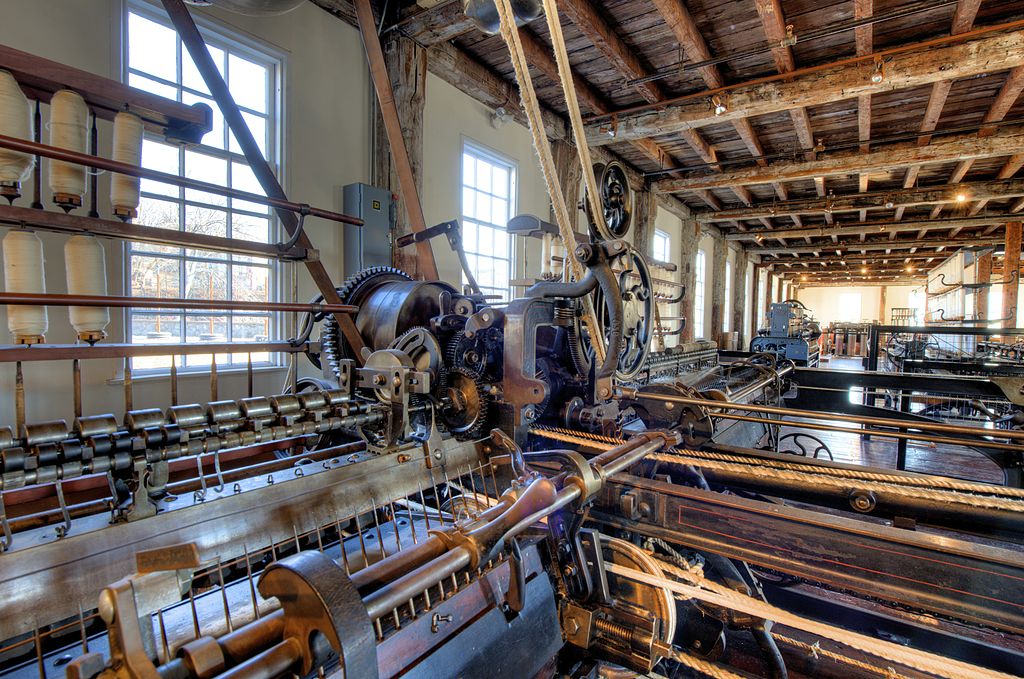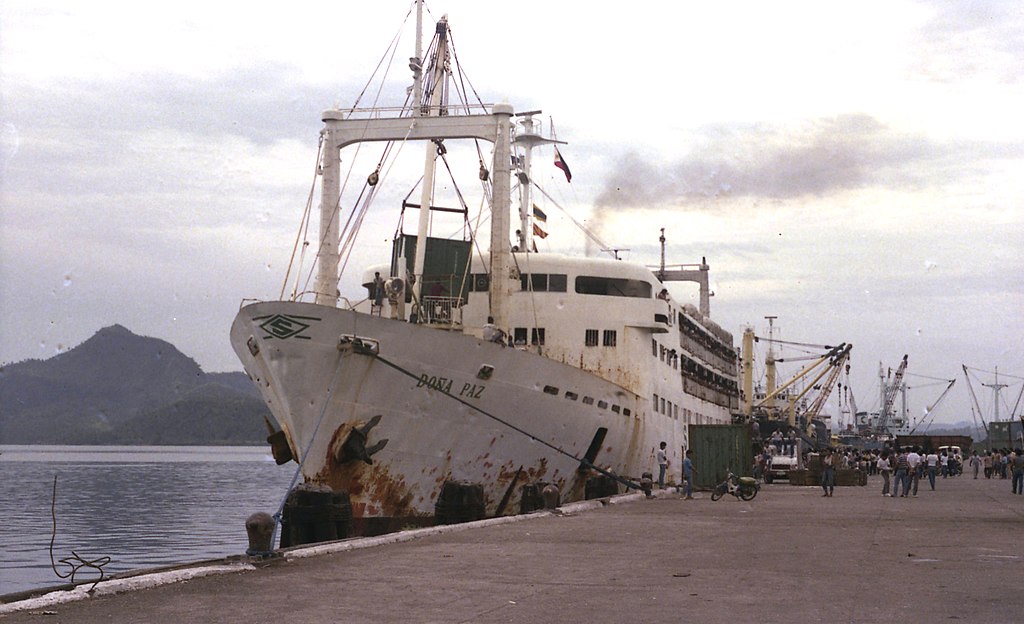
Today in Labor History December 20, 1790: The first American cotton mill began operation in Pawtucket, Rhode Island. The mill, owned by Samuel Slater, employed children aged 4-10. Ann Arnold, aged 9, was Slater’s first employee. The children worked 12-hour days, 6 days per week in the winter. In the summer, they were forced to work 16 hours per day. They spent twice as many hours in the mill than kids spend in the classroom today. Kids were fined for not working hard enough. By 1835, 55% of all millworkers were children.

Today in Labor History December 20, 1906: The Hawaiian Sugar Planters Association brought in their first group of 15 Filipino immigrant plantation workers. By 1932, there were over 100,000 Filipinos working in the fields. The sugar industry was controlled by the Big Five, who also controlled banking and importing on the islands. Their near total control of commodities kept native Hawaiians and immigrants burdened with high prices, low wages and slave-labor conditions. To prevent the workers from organizing, the owners imported laborers from China, Japan, Korean and Portugal, in addition to the Philippines, and created a caste system to further divide the workers.

Today in Writing History December 20, 1954: Sandra Cisneros, American author and poet was born
Today in Labor History December 20, 1957: British working class singer/songwriter Billy Bragg was born. Bragg was a strong supporter of the 1984 miners’ strike and has been an outspoken critic of fascism, racism, sexism and homophobia.
Today in Labor History December 20, 1968: John Steinbeck died on this date. He was most famous for novels written from the perspective of working men and women, the poor and downtrodden, including East of Eden, Grapes of Wrath, Of Mice and Men, Tortilla Flats and Cannery Row. In 1935, he joined the communist League of American Writers. He supported Arthur Miller when he faced contempt charges for refusing to cooperate with HUAC. The FBI and the IRS harassed him throughout his career. Yet he wrote glowingly about U.S. troops during the Vietnam War. He won the Pulitzer Prize for Grapes of Wrath in 1939, and the Nobel Prize in 1962. He also wrote the screenplay for the Elia Kazan film, Viva Zapata, staring Marlon Brando.

Today in Labor History December 20, 1971: Doctors Without Borders was founded by French doctors and journalists in the wake of the Biafra succession. Their first mission was in support of victims of the 1972 Nicaraguan earthquake. In the mid to late 1970s, they provided aid to refugees from the Khmer Rouge. They spent 9 years (1976-1984) in Lebanon during their civil war. They’ve spent decades in Africa helping in the battles against AIDS and Ebola. Their volunteers have been attacked by soldiers, kidnapped and bombed. In 1999 they won the Nobel Peace Prize.

Today in Labor History December 20, 1987: The passenger ferry Doña Paz sank after colliding with the oil tanker ‘MT Vector in the in the Philippines. As many as 4,000 people died. It was the worst peacetime sea disaster ever.
Today in Labor History December 20, 1994: White House police shot and killed Marcelino Corniel, a homeless man with a knife.
2005 – Thousands of workers begin a two-day strike of the New York City transit system over retirement, pension and wage issues. The strike violated the state’s Taylor Law; TWU Local 100 President Roger Toussaint was jailed for 10 days and the union was fined $2.5 million.
